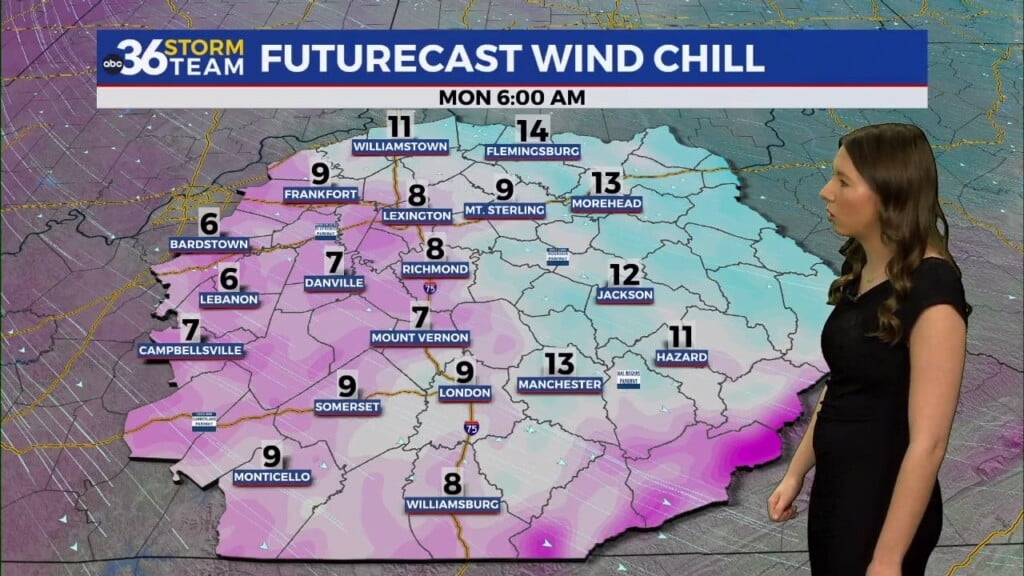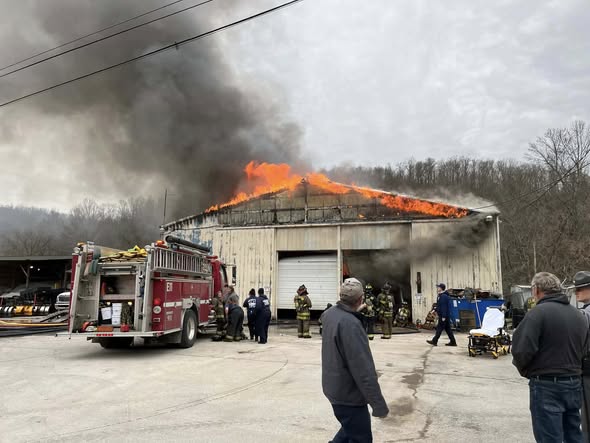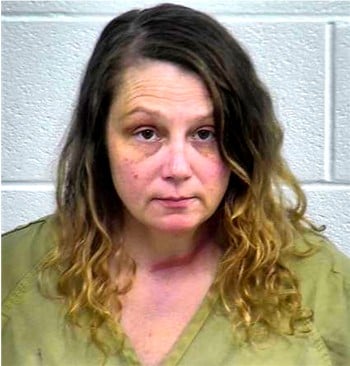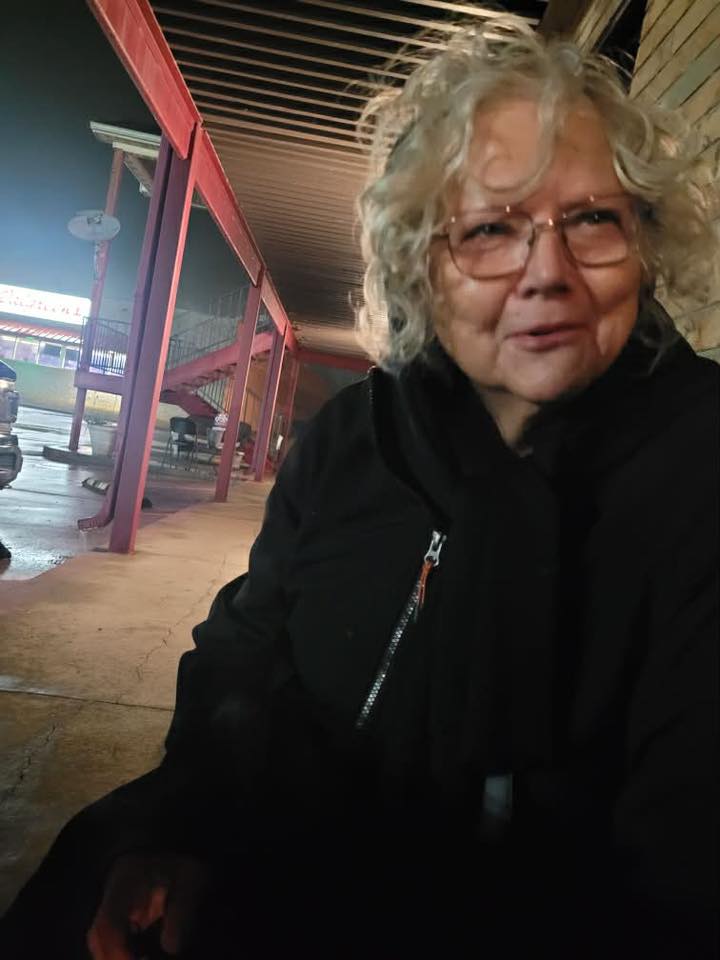Shortage of Obstetric services in Kentucky
Lexington, Ky. (WTVQ) — Across the nation there is a shortage of obstetric services and here in the state of Kentucky 72 out of the 120 counties do not have dedicated OB’s.
The shortage of obstetric services has been growing for a few years and it’s projected that by 2030 there will only be around a 90% supply of OB-GYN’s in the U.S.
That includes about 81% in the state of Kentucky, where the Commonwealth is already facing problems.
”Out of Kentucky’s 120 counties a large amount of them are rural, especially out here in eastern Kentucky,” said Dr. Rebecca Todd, Medical Director for UK Women’s Healthcare Clinic. “So you’re seeing a concentration of all the OB-GYN’s in the larger cities. That can be really detrimental to patients that have to travel a long distance to receive this care.”
Some of Dr. Todd’s patients have to drive close to two hours just to come for prenatal checkups and some can’t even make it to those because of the distance.
There are currently four OB-GYN’s working at the Morehead site, Dr. Todd and one other are full-time and two more are part-time.
But even then Todd still sees the strain of the shortage.
Todd says she’s currently booking appointments out until February and March, which is difficult because of the time restrictions that come with pregnancy.
“We can definitely accommodate more physicians out here right now, because there is more than enough patients to go around,” said Todd.
“People when they call they should be able to get a visit within one to two days, it shouldn’t be the huge waiting period.”
Todd has made some efforts to accommodate pregnant patients.
”The great thing is we’ve been able to use a collaborative team approach to help expand maternity services through the use of APRN’s, physician assistants and certified nurse mid-wives, so that’s really been helpful. But unfortunately there are just some high risk conditions that you need to see a physician for.”
Todd believes that by recruiting OB-GYN’s to work in rural counties will help get patients the resources that they need.
”People deserve to be able to get care close to home. I think that should be the case for everyone. So we definitely don’t need to work on ways to pull people into the major urban areas, we need to find ways to push the healthcare out to where people live.”



